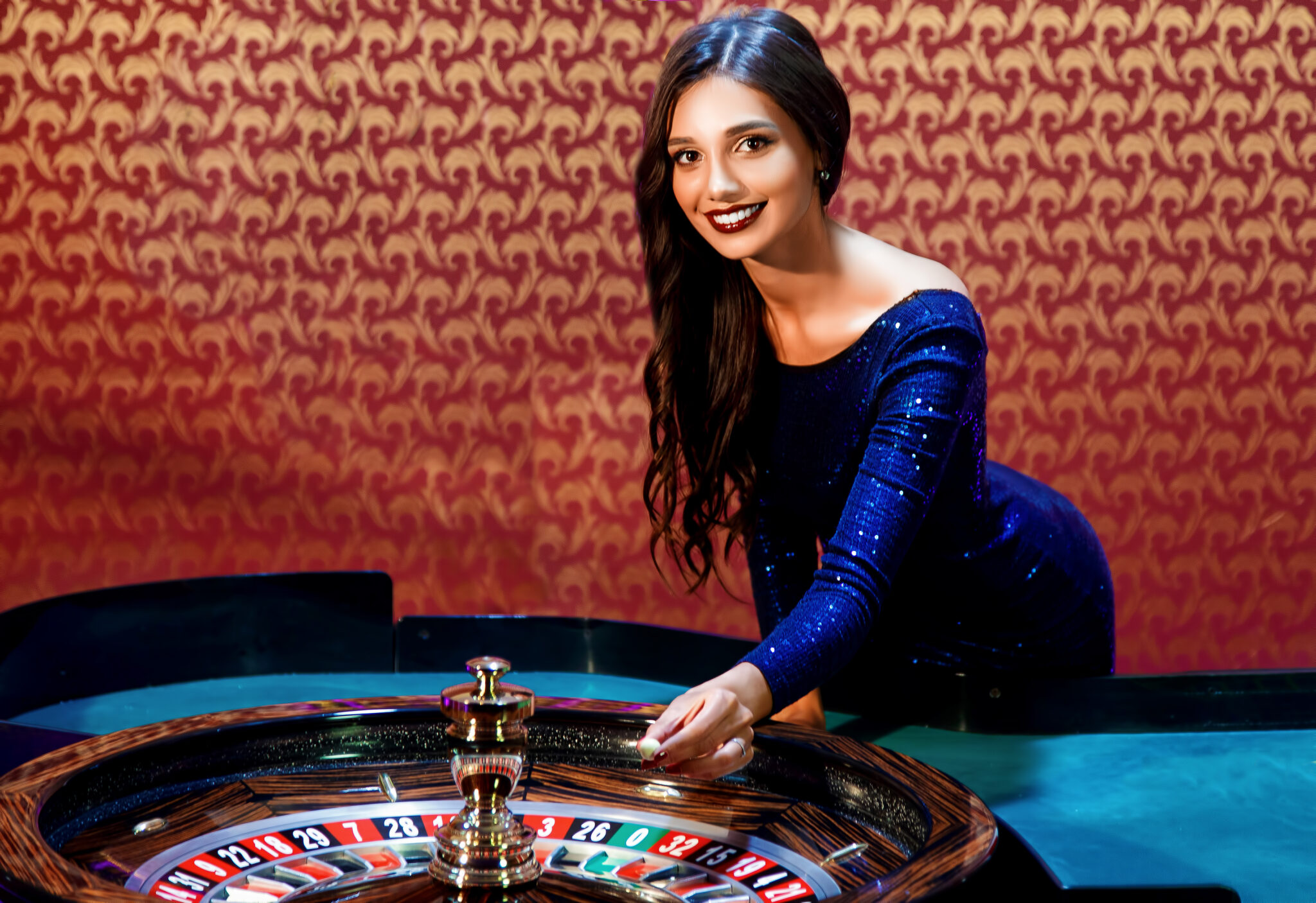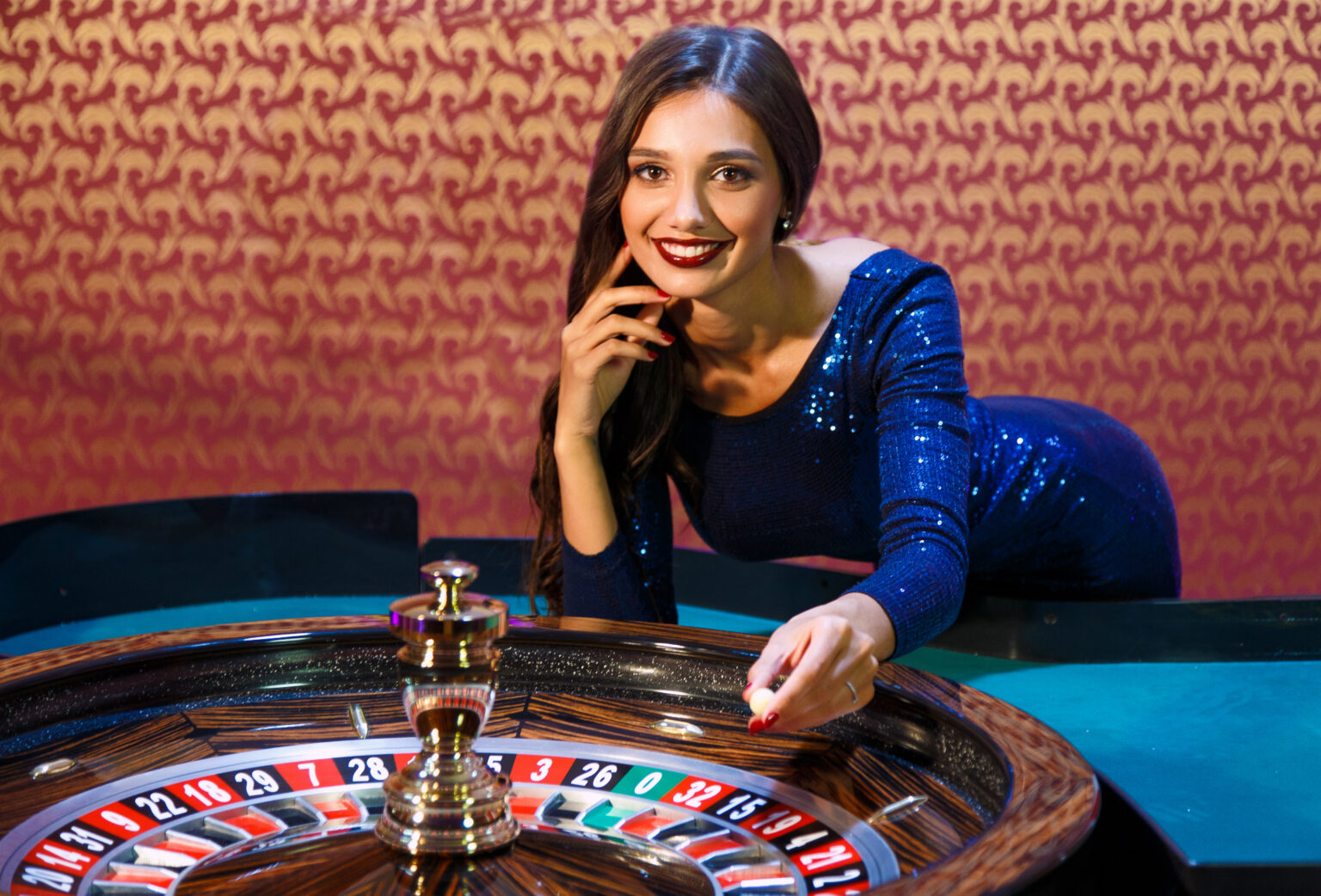Roulette has captivated gamblers around the world for centuries, offering a thrilling experience with its spinning wheel and the allure of uncertainty. In this article, we delve into the intriguing origins and evolution of this beloved casino game.

Unveiling the Origins of Roulette
The true origins of roulette remain a fascinating enigma, with numerous theories and claims regarding its inception. According to one theory, the Chinese crafted a spinning wheel-like device for divination purposes, possibly serving as a precursor to the game.
Ancient civilizations, including the Romans, Greeks, and Egyptians, also had their own versions of gambling games involving spinning wheels, suggesting that roulette-like games have existed for ages.
One compelling theory suggests that roulette drew inspiration from an ancient Roman game called “hoca,” which involved a spinning chariot wheel. Players would place bets on the wheel’s eventual stop. Although the mechanics differed from modern roulette, the concept of wagering on the outcome of a spinning wheel can be traced back to this ancient precursor.
The Birth of the Modern Roulette Wheel
Although early versions of roulette existed in various cultures, it was in 17th-century France that the game started to resemble its modern form. Blaise Pascal, a renowned French mathematician, is often credited with inadvertently developing the first roulette wheel while pursuing his quest to create a perpetual motion machine.
Pascal’s wheel consisted of a circular device with numbered pockets around the edge, ranging from 1 to 36. While the arrangement of numbers differed from today’s wheels, the fundamental idea of a spinning wheel and betting on the outcome was established. It is worth noting that Pascal’s primary intention was not to invent a gambling game, but rather to explore the principles of motion and probability.
The Introduction of the Single Zero Wheel

In its early days, the roulette wheel featured both a single zero (0) and a double zero (00). However, in the mid-19th century, French entrepreneurs François and Louis Blanc introduced a groundbreaking modification by removing the double zero pocket.
This alteration significantly improved the odds for players, reducing the house edge and enhancing the game’s appeal. The single zero wheel, often referred to as the European wheel, rapidly gained popularity due to its improved odds. The Blanc brothers introduced their version of roulette in the German spa town of Bad Homburg, attracting players from across Europe.
The success of the single zero wheel eventually led to its widespread adoption throughout the continent.
<Roulette – Experts teach you 5 methods to reduce losses>
The Spread of Roulette across Europe
With the elimination of the double zero, roulette swiftly gained popularity across Europe. The game became a favored pastime among the elite, and casinos flourished in glamorous cities such as Monte Carlo and Paris.
Roulette’s reputation for elegance and sophistication attracted players from all walks of life, firmly establishing its position in the realm of gambling.
Monte Carlo played a pivotal role in the history of roulette. In the mid-19th century, the ruling family of Monaco, the Grimaldis, faced financial hardships. To remedy this, they decided to establish a casino in Monte Carlo, transforming it into the gambling capital of Europe. Roulette became a centerpiece of the casino, quickly becoming synonymous with the luxurious lifestyle associated with the principality.
The Introduction of Roulette in America
As roulette thrived in Europe, it took a different path upon reaching America. To differentiate it from the European version, American casinos reintroduced the double zero pocket to the wheel. This alteration gave rise to the American roulette wheel, featuring both a single zero and a double zero, once again increasing the house edge.
French immigrants are often credited with introducing roulette to America, bringing the game to New Orleans in the early 19th century. From there, it spread along the Mississippi River and eventually found its way to the frontier towns of the Wild West.
The American version of roulette gained popularity throughout the country and remains a staple in many land-based casinos to this day.
<Red & Black Roulette – 4 Tips, Techniques, and Recommendations>
The Evolution of Roulette Variations

Over the years, roulette has experienced various adaptations and evolved into different variations. One notable aspect is the introduction of diverse betting systems, enabling players to wager on specific numbers, ranges, or colors.
European roulette and American roulette are the most well-known variations. European roulette, favored by players, lacks the double zero pocket, whereas American roulette features both the single zero and double zero pockets.
In addition to these classic variations, there have been numerous attempts to create fresh and exciting renditions of roulette. Mini roulette, for instance, presents a smaller wheel with fewer numbers, offering a faster-paced and more compact gameplay experience.
The advent of online casinos has further fueled the evolution of roulette. Innovative features like live dealer roulette allow players to engage with real dealers through video streaming, enhancing the authenticity and immersion of the game.
Roulette’s Cultural Influence
The allure of roulette extends beyond the confines of the casino, permeating popular culture. Throughout history, artists, writers, and filmmakers have seamlessly integrated roulette into their works, infusing glamour, excitement, and the allure of uncertainty.
Renowned novels like Ian Fleming’s “Casino Royale” and iconic films like “Casablanca” have immortalized roulette as a symbol of sophistication and intrigue.
The spinning wheel of roulette, with its unpredictable outcomes, has become a potent metaphor for life’s uncertainties and risks. This symbolism has been explored in various artistic mediums, captivating audiences with its representation of fate and chance.
Mathematicians and statisticians have also been captivated by roulette, delving into its probabilities and strategies. The game’s intellectual allure adds an extra layer of intrigue, attracting those who appreciate the mathematical intricacies behind every spin.
History of Roulette

The history of roulette weaves a fascinating tale of chance, ingenuity, and cultural impact. Its origins, although shrouded in debate, can be traced back to ancient civilizations. From there, it transformed over centuries into a global sensation.
Today, roulette continues to captivate players worldwide, embodying elegance and the allure of fortune. Whether experienced in opulent casinos or through online platforms, the rich history of roulette infuses every bet and spin with depth and allure.
FAQs
What is the origin of roulette?
The exact origin of roulette remains uncertain, with theories suggesting influences from various ancient gambling games involving spinning wheels. Ancient civilizations such as the Romans, Greeks, and Chinese had their own versions of these games.
The modern version of roulette began to take shape in 17th-century France, often attributed to the work of mathematician Blaise Pascal.
What is the difference between the single zero and double zero wheels?
The single zero wheel, also known as the European wheel, contains 36 numbered pockets and a single zero (0) pocket. This configuration provides better odds for players, as there is no double zero.
Conversely, the double zero wheel, prevalent in American roulette, includes both the single zero and double zero (00) pockets, resulting in slightly lower odds for players.
What are some popular variations of roulette?
European roulette and American roulette are widely known variations. European roulette features a single zero, offering better odds to players. American roulette includes both a single zero and a double zero, increasing the house edge.
Other variations include mini roulette, played on a smaller wheel with fewer numbers, and live dealer roulette, where players can interact with real dealers through video streaming.



